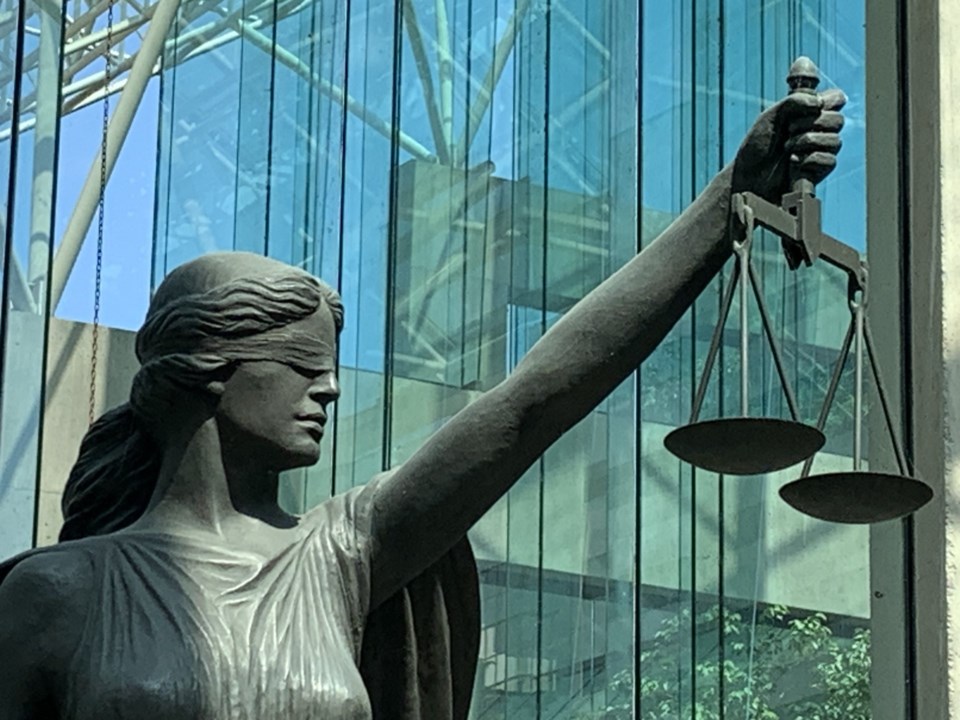A ÎÚÑ»´«Ã½ Supreme Court judge has upheld a decision that a Vancouver woman was not keeping two guinea fowl hens as poultry and could keep them as pets.
“The disputant did not keep these birds as poultry either for eggs or meat but kept them for pure joy of companionship,” Vancouver Provincial Court Judicial Justice Zahid Makhdoom said in his Sept. 12, 2023 decision in the case of Vancouver's Arielle Reid.
The City of Vancouver appealed Makhdoom’s decision, leading to a June 17 decision from Justice Neena Sharma.
The city claimed Makhdoom had erred in finding that:
• Reid's intention for keeping the birds as pets was relevant to whether she violated the bylaw;
• that guinea fowl did not fall within the words “poultry” or “fowl” in the bylaw;
• guinea fowl fell within the exotic bird exception; and,
• the city had to prove that the effect of keeping the guinea fowl caused harmful public effects.
The dispute
Reid had disputed a charge laid by the City of Vancouver alleging the hens licensed to her are prohibited in the city under its animal control bylaw.
In March 2022, following a noise complaint, an animal control officer heard, saw and then photographed the birds in a backyard coop.
He located their registration in a database and left his business card for Reid.
He kept returning to the property and found the hens.
Reid was issued a bylaw infraction notice on Sept. 13, 2022. The case went to court shortly after.
Reid told Makhdoom of her ancestry growing up in Jamaica where guinea fowls are routinely kept. And, she said, as a Peace Corps volunteer from 2013 to 2015, she was in Mozambique, a West African nation where guinea fowls are also routinely kept as pets.
When she received the bylaw violation notice, Reid focused on re-homing “her beloved birds” lest they be taken by the city.
Makhdoom said the issue before him was whether or not rearing guinea hens in city boundaries is captured under the bylaw.
He commented that such animals and the cultures that appreciated them enrich ÎÚÑ»´«Ã½’s cultural fabric.
In his decision, Makhdoom took to task the drafters of the bylaw for not enumerating species that could be considered prohibited.
“The bylaw is a model of bland prose bereft of nuance, or concealing within its complex idiomatic layers multiple corollaries or meanings,” Makhdoom said. “The city drafters must be admired for drafting such an easy and accessible read. An enactment so rich in its concision and precision would have enumerated these birds as prohibited.”
“I am of the respectful view that no overt prohibition is set out in the bylaw for keeping of guinea fowls,” he said.
On appeal, Reid contended that, because the bylaw does not name guinea fowl, they cannot be prohibited.
“She further points out that exotic birds of all species are specifically allowed, and by that reason alone guinea fowls should be kept,” Sharma said. “Guinea fowls are not native to British Columbia, so it is appropriate to consider them exotic birds.”
Judge’s appeal analysis
In analyzing the city argument, the judge said the city claimed it is common sense to conclude that guinea fowls are fowls — given its name.
“However, the city provided no evidence or extrinsic materials to support its position that guinea fowls are fowls, believing perhaps it was obvious that was the case,” Sharma said.
She said the bylaw contains ambiguity as to whether guinea fowls are encompassed by the bylaw.
Sharma said the city bears the burden to prove the bylaw applied.
“Ms. Reid raised an ambiguity about the applicability of the bylaw to her birds,” she said. “The city was required to bring evidence or make submissions to resolve that contested issue. It failed to do so.”
She said how and why Reid kept the birds was irrelevant.
